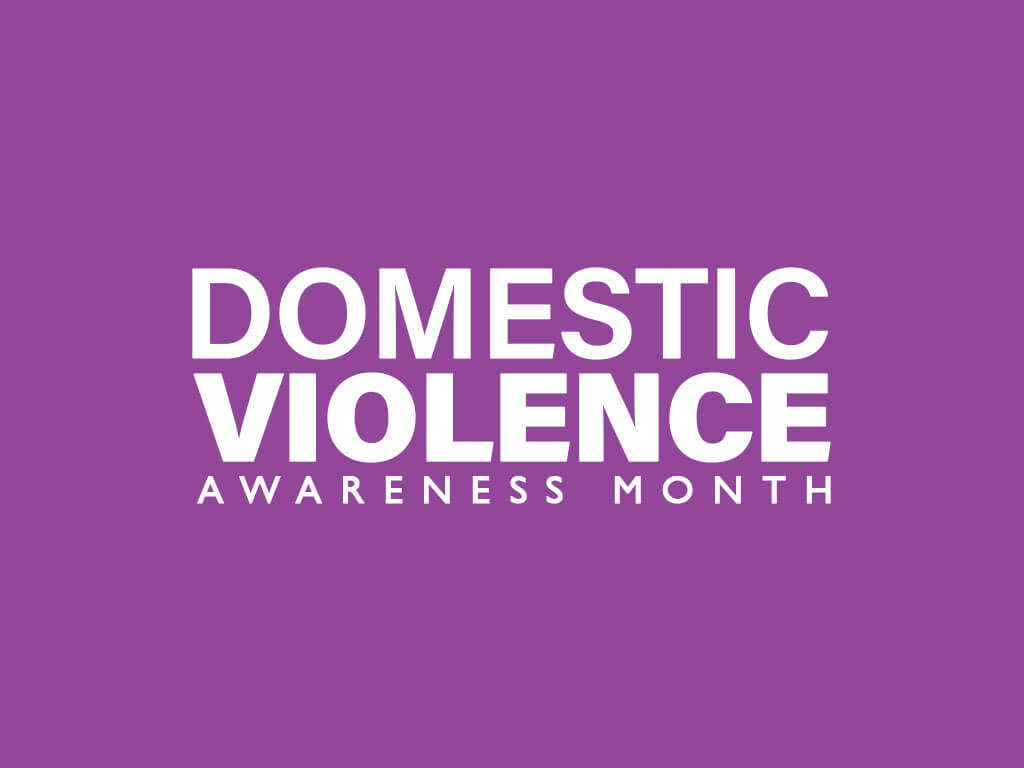Are you feeling the pressures of ISO life?
Posted on April 24th, 2020
You are not alone in these challenging times of isolation.

As a parent, grandparent and guardian, keeping you and your family’s mental wellbeing in check is important.
Are you experiencing one or a number of the following feelings/situations?
- Isolation is getting too much
- Kids are bored at home
- Learning from home is a struggle
- Tensions are building at home
- Unrealistic expectations of life
- Feelings of hopelessness
- Feelings of loneliness
- Depression or anxiety
- Missing distant family members
- Relationship troubles
Everyone reacts to stress in their own individual way – most of the time, children and teenagers will mirror similar reactions to the behaviours of adults around them.
When parents and caregivers deal with COVID-19 calmly and confidently, they can provide the best support for their children.
Parents can be more reassuring to others around them, especially children, if they are better prepared.
Not all children and teenagers respond to stress in the same way. Some common changes to watch for include:
- Excessive crying or irritation in younger children
- Returning to behaviours they have outgrown (for example: toileting accidents or bed wetting)
- Excessive worrying or sadness
- Unhealthy eating or sleeping habits
- Irritability and “acting out” behaviours in teenagers
- Poor school performance or avoiding school
- Difficulty keeping attention and concentrating
- Avoidance of activities once enjoyed in the past
- Unexplained headaches or body pain
- Use of alcohol, tobacco or other drugs.
There are a number of ways you can support them.
- Take time to talk with your them about the COVID-19 outbreak. Answer questions and share facts about COVID-19 in a way that your child can understand.
- Reassure them that they are safe.
- Let them know it is OK if they feel upset. Share with them how you deal with your own stress so that they can learn how to cope from you.
- Limit your family’s exposure to all news coverage of the event, including social media. Children may misinterpret what they hear and can be frightened about something they do not understand.
- Keep up with regular routines. If parents are teaching their children from home, create a schedule for learning activities, relaxing or fun activities.
- Be a role model. Take breaks, get plenty of sleep, exercise and eat well. Connect with your friends and family members safely via phone or online
CentacareCQ is here to help you through these challenging times. We offer professional and confidential counselling and psychology services. Psychology appointments can be arranged as Telehealth and Bulk Billed through Medicare.
These sessions can be conducted over the phone or via video chat at a time that best suits you.
Get the help you need during COVID-19, no matter where you are.
To book an appointment, phone 1300 523 985 or click here to book online.












